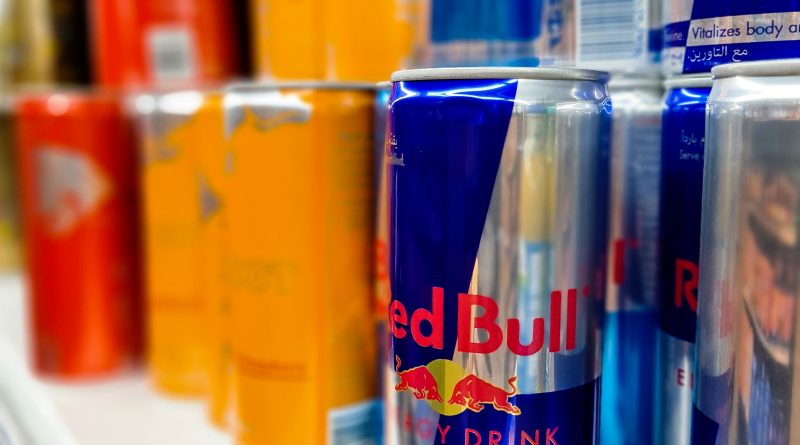Coffee and Energy Drinks: Friends or Foes?
Reporter: Karim Moataz (@Karimmoataz027)
Photographer: Rayaheen Sam Qatena
In the fast-paced increasingly competitive world that we operate in today, everyone has to keep up with the tide before they lose out.
For some, the edge to overcome the pressure of the rat race comes in a cup of coffee.
During their time at AUC, most students grab a cup of coffee or an ice-cold energy drink to fuel them through the day. Although caffeine has a multitude of benefits when consumed moderately (between 50-300 mg) such as increasing the sense of alertness and concentration as well as pumping the energy levels, it also has harmful effects when consumed in large amounts.
Students are often unaware of the side effects that caffeinated products could have on their health.
According to the Centre for Disease Control and Prevention (CDC), the name energy drink is derived from the fact that these fluids contain large amounts of caffeine, added sugars, and legal stimulants such as Taurine and Guarana, which may cause heightened alertness levels, attention and elevated heart rate.
“The huge amounts of energy drink consumption is nothing but a sign that shows how little the students know about the hazards and effects of what they are consuming,” says Shahinaz Imam, a Chemistry professor at AUC.
Imam explained that energy drinks contain a significant amount of potassium, which, when ingested in large doses, can cause severe health problems like kidney failure. She stresses on avoiding such beverages to her students.
“There should be an awareness campaign on campus to inform the students about the chemicals that they are ingesting,” said Imam.
An article titled “Understanding Caffeine & Tremors: Symptoms & Treatment”, written by Dr. Dhira Khosla, a neurologist and the medical director at Cala Health, a medical technology manufacturer in California, posts that energy drinks are known for enhancing the levels of alertness as well as improving reaction time.
However, for some people their over-consumption can lead to the shakiness of the hands, although this effect can be remedied by drinking water, performing physical exercise, or simply reducing the consumption of caffeine altogether.
“During the semester, I cannot help but drink energy drinks so I can continue my day. I have a very tight schedule, so I need these drinks to function properly,” Mariam Azab, a junior majoring in marketing, said.
Even though she enjoys the taste of energy drinks and coffee, her family has advised against their consumption.
“When I come to think of it, I can tell you that recently with the start of the spring semester, I have been facing problems with my sleep schedule, and I tend to sweat a lot more than I usually do. Also, my hands are always shaky,” added Azab.
According to The Bakery Shop (TBS) on campus, they sell “an average of 250-300 cups of coffee a day.” This means that on average, this coffee shop alone sells between 15,000 to 18,000 cups of coffee per semester.
Dr. Bassem Attallah, director of Medical Services at AUC, acknowledges the physiological irregularities caused by increased intake of such drinks.
“The large amounts of caffeine can lead to palpitations, which are an increased rate of heart beatings, excessive sweating, and chest pain,” Attallah explained.
Mariam Mohsen, a junior, majoring in film, and also an SU market representative, told The Caravan that, on average, 60 cans of energy drinks are sold every day, or 3,600 cans of energy drinks each semester.
Attallah says that consuming energy drinks is not necessarily harmful, but overconsumption is where the harm lies.
“Very soon, the clinic is launching an awareness campaign on campus that would help to inform people on the various health problems as well as how to avoid them,” Attallah told The Caravan.



